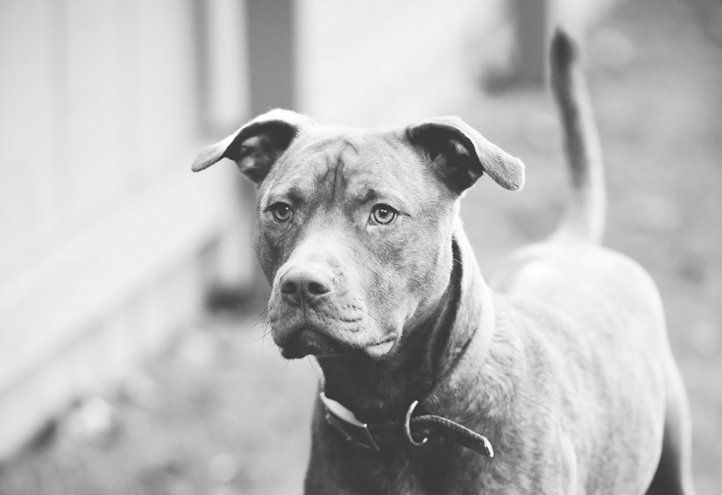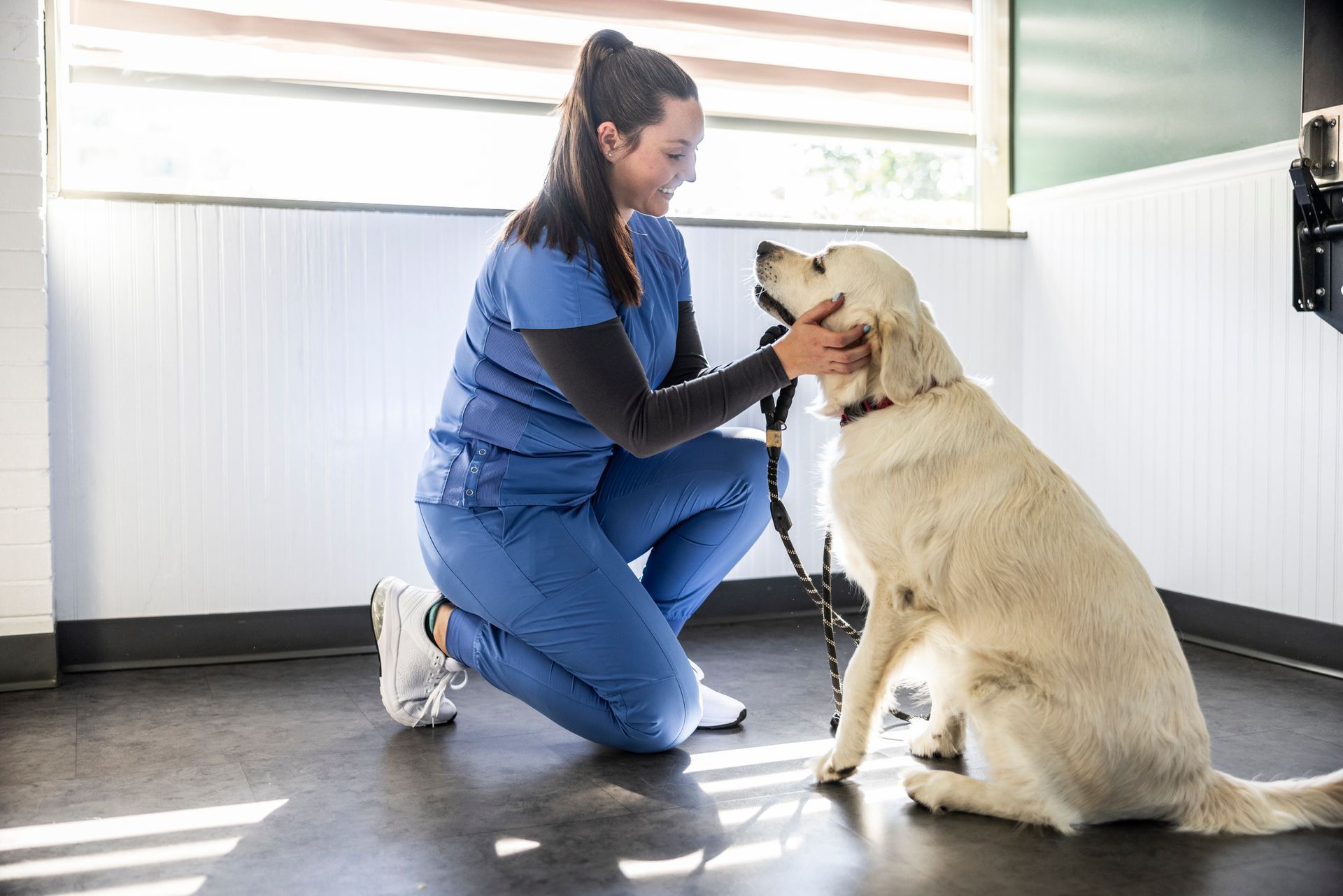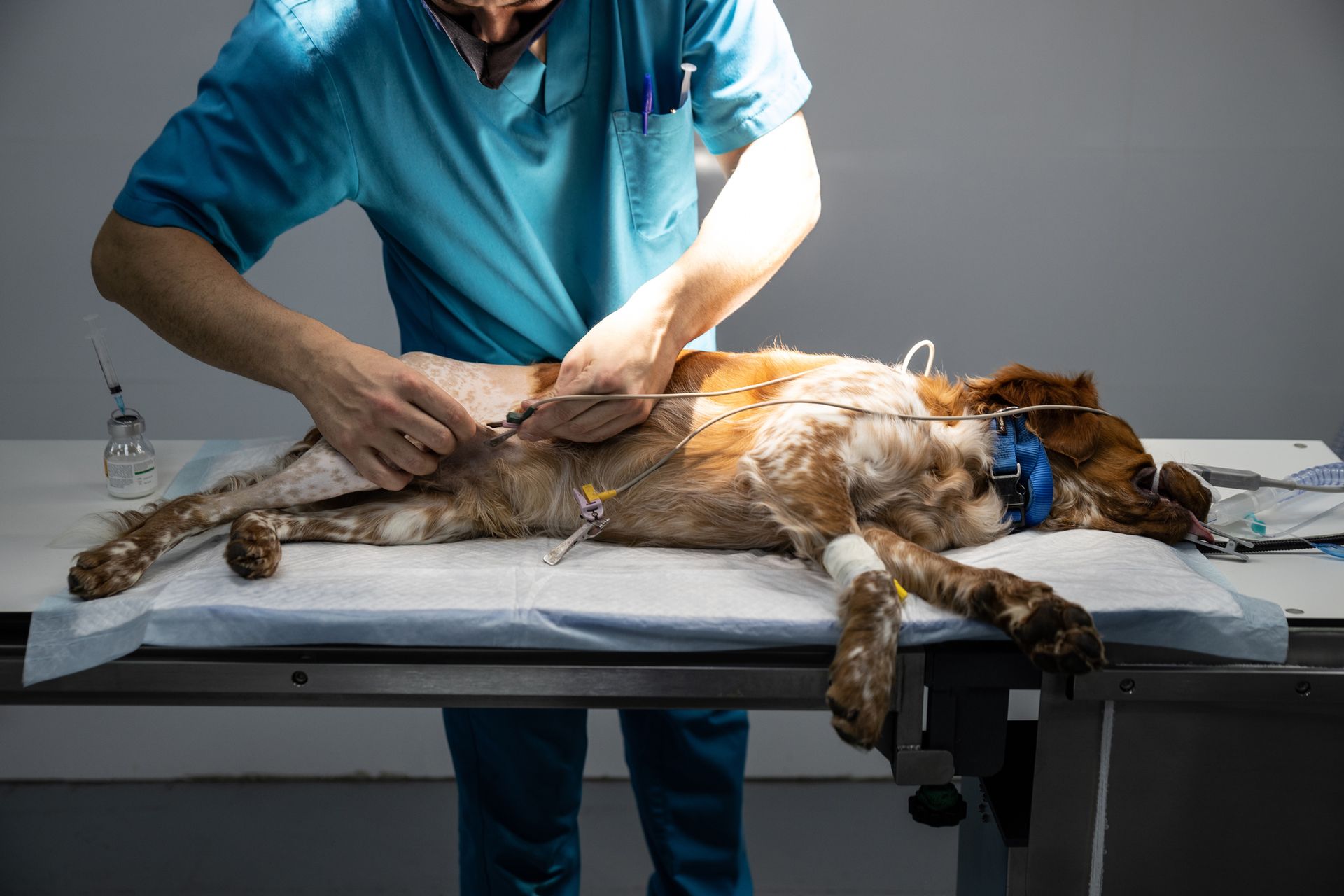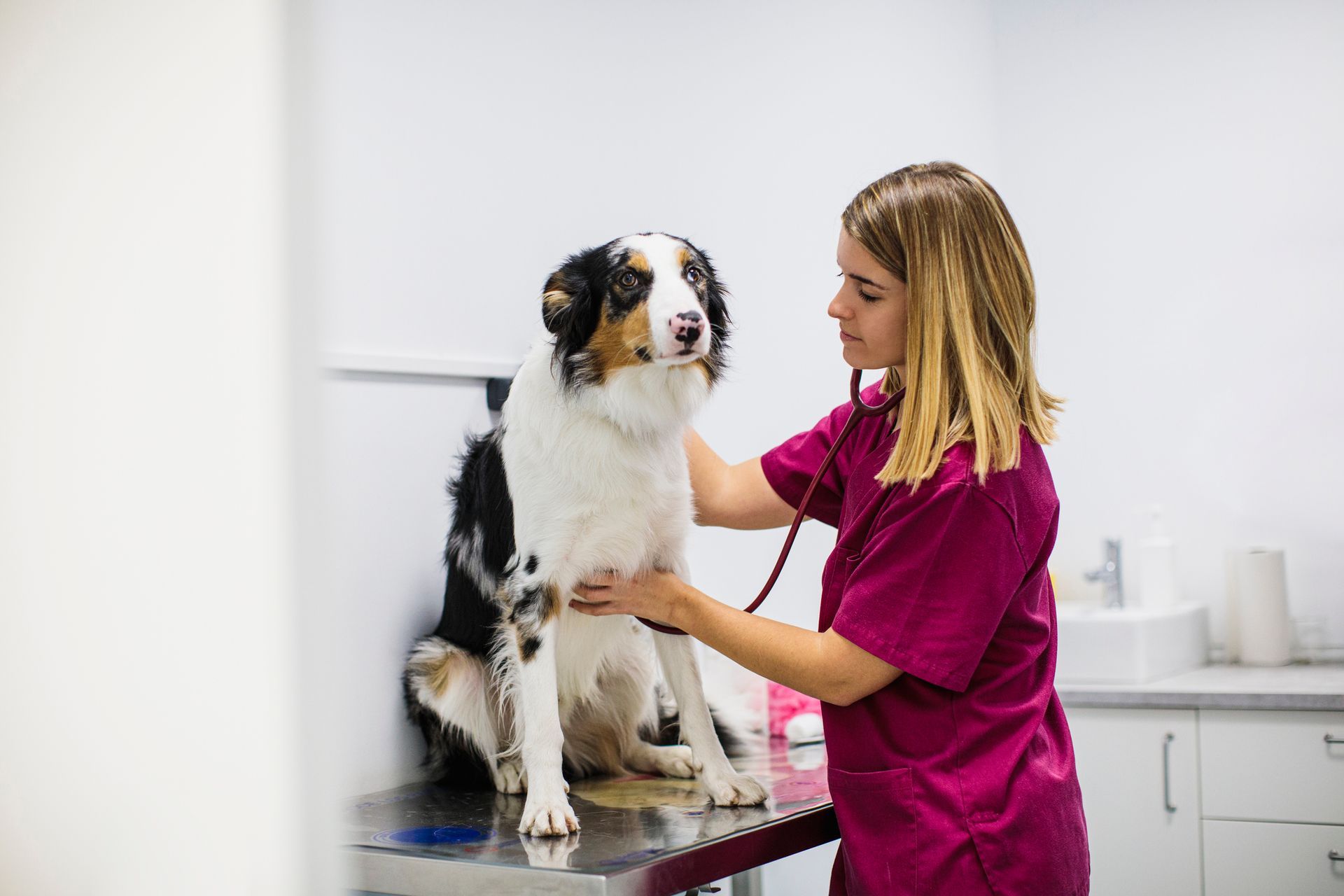Simple Ways to Help an Anxious, Rescued Dog Adjust
Welcoming a rescued dog into your home can be one of the best things you can do for both the dog and your family. Rescued dogs often have a lot of love to give, but they sometimes have sad histories that leave them with anxiety. If your new canine companion is having a difficult time with anxiety as they adjust to your home, consider these ways you can help them calm down.
Know the Signs of Anxiety in Your Dog
The first step to helping your dog overcome their anxiety is to identify whether they have it. You may call your veterinarian to discuss the situation and share your dog's symptoms. Some common signs of anxiety in dogs include:
- Excessive panting
- Frequent pacing
- Showing aggression
- Urinating and defecating on the floor
- Excessive barking or crying
- Destroying dog toys
- Exhibiting compulsive behaviors
- Being restless
Keep in mind that sometimes a dog will appear to be behaving badly when they are simply acting out because they have anxiety. If you punish them for their anxiety, it can simply give them further anxiety, which will be bad for everyone. Patience is key when you think your dog has anxiety.
Take Your Dog for a Long Walk or to the Dog Park
Sometimes anxious dogs will show a lot of excessive energy. Taking your dog out to exercise until they are tired can provide some relief and help them at least calm down in the moment. Dogs who are well-socialized can get a lot out of running free at a fenced-in dog park, while dogs with social anxiety will probably want one-on-one time with you.
If you have children who love to play with the dog, supervise them and encourage them to play catch with your dog. Going back and forth for a dog-friendly ball is a simple exercise that can really help an anxious dog expend excessive energy. Being happily tired from play with your family can help your dog feel calmer in their new home.
Show Frequent Predeparture Cues
If your rescued dog has separation anxiety, it may be because they were abandoned. So, getting over separation anxiety can be a long process, but you can help them avoid freaking out every time they see you do things like pick up your keys or purse. These are considered predeparture activities or cues. Try doing them on and off throughout the day when you are not about to leave.
A dog who freaks out about predeparture actions becomes overwhelmed with the fear that you won't come back. That can be sad to consider. However, doing the activities when you're not about to leave will help the dog adjust to the seeing these actions as just part of the day. Therefore, these actions will no longer set off their anxiety over your impending departure.
Try More Graduated Separations From Your Dog
Instead of forcing your dog to deal with the pain of a long separation all at once, the ASPCA recommends trying graduated departures and absences. You may try to stay out of sight of your dog for just a few minutes at first, then come back in the room and offer them lots of attention and affection. Next, go out of sight for a slightly longer time, then come back with attention.
As soon as you can leave your dog for at least 10 seconds at a time without dealing with a freak out, introduce a food-stuffed toy to your dog. That is part of counterconditioning your dog to accept the separation as something that's not necessarily negative. They will learn that it's just part of living with their new family.
Put a Compression Wrap on Your Dog
If your dog has anxiety over specific things while adjusting to your new home, Good Housekeeping recommends trying a compression wrap. A thunder shirt is one common type of compression wrap for dogs that can help them by applying gentle pressure that keeps them feeling safe.
A compression wrap is often right for dogs who get anxious over loud noises. That might be especially effective for holidays like Independence Day when there will be loud noises from fireworks.
Contact Your Veterinarian for Help
The best way to deal with your dog's anxiety and get the answers you need is to take your dog in to see your veterinarian. A veterinarian can help you rule out other possible conditions and the vet can also help determine what may be causing your dog's anxiety. If it's situational, they may offer advice on how to remove some of the stressors in your dog's life.
Your veterinarian may prescribe anxiety medication or an antidepressant for your dog. Some serious anxiety disorders need to be treated with medication, and you may be surprised at how well-behaved your dog becomes when properly medicated. Like people, sometimes dogs need help with the chemical imbalance in their bodies.
Finally, showing consistent love and patience to your dog will help it overcome a lot of anxiety over time. Just be sure to reach out for help when you need it. Contact the South Seattle Veterinary Hospitaltoday for all your dog's medical needs. Our caring staff offers reliable, high quality care 24 hours per day to protect each pet's health and give dog owners peace of mind.











